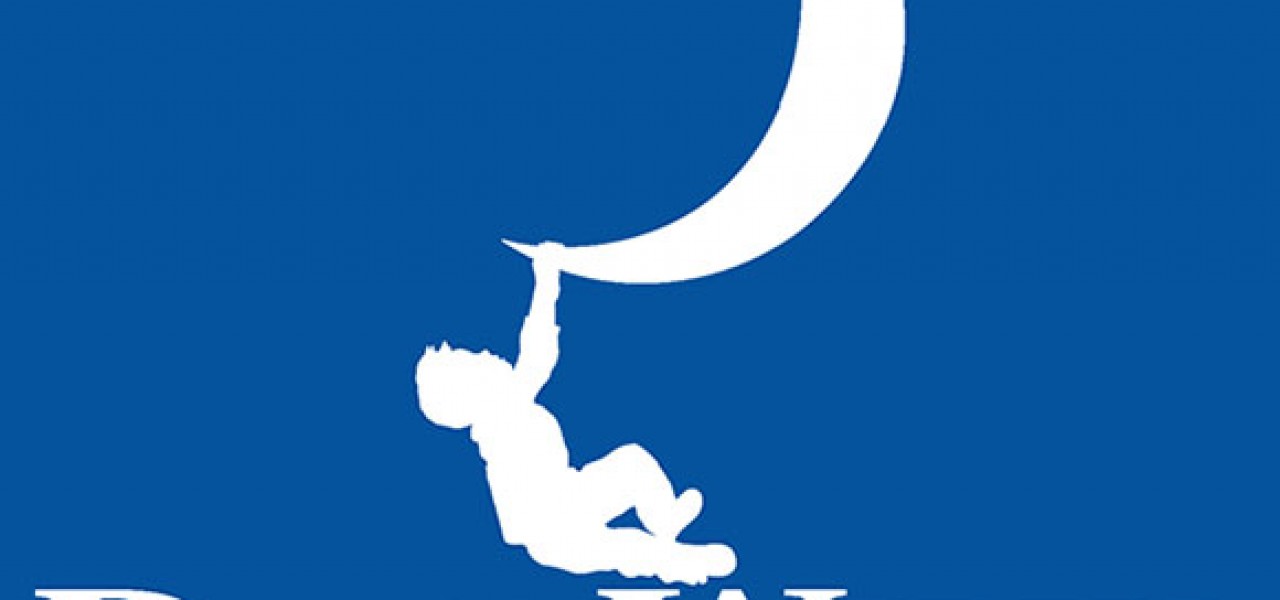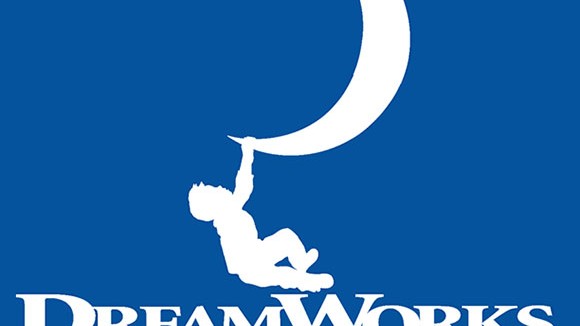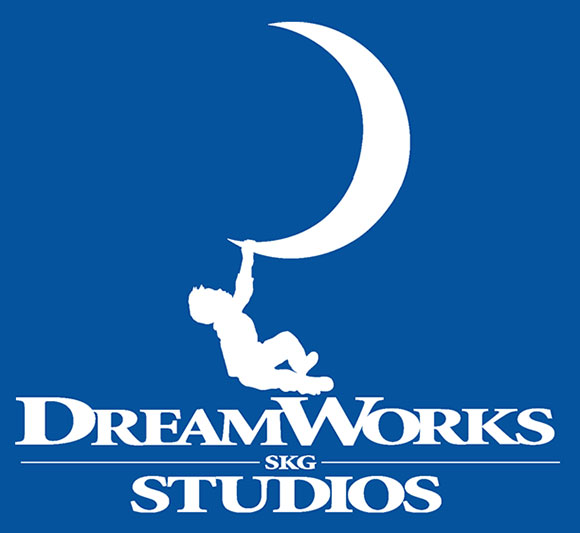

DreamWorks Loses $263 Million in Fourth Quarter and Will Sell Glendale Campus

On Tuesday, DreamWorks Animation announced a fourth-quarter net loss of $263.2 million (or $3.08 per share).
The majority of that loss—$210.1 million—is the pretax charge related to the company’s recent restructuring efforts. The 500-person layoff (18% of its staff) will result in $54.6 million of employee termination costs and other contractual obligations, while the abandonment of work on unreleased films like B.O.O.: Bureau of Otherworldly Operations and Monkeys of Mumbai will cost the studio 155.5 million.
The company also took a $57.1 million writedown on its last film The Penguins of Madagascar, which did not perform as expected, despite having earned $358 million at the box office to date. DreamWorks has taken a writedown on four of its last six films.
“There’s a great morale around the company right now even in the face of what has been, without a question, the hardest, most difficult, most painful eight weeks in our 20-year history,” said DreamWorks CEO Jeffrey Katzenberg.
To shore up its precarious balance sheet, the studio’s chief financial officer Fazal Merchant announced that DreamWorks would sell and concurrently leaseback its Glendale, California campus. The agreement will add $185 million of liquidity to the studio.

Katzenberg said that DreamWorks will break even this year as long as its sole theatrical release, Home, breaks even or earns a profit. The film cost $135 million (excluding incentive-based compensation). The studio’s stated goal is to reduce production costs on its films, and make films in the $120 million range, which is still significantly above the production budgets of films produced by competitors like Blue Sky Studios and Illumination Entertainment.
With just one film release this year, the studio must increase revenue from other divisions. DreamWorks has high hopes for its television unit, where the studio estimates it will earn $200-250 million, largely due to its Netflix deal, as well as a 24-hour DreamWorksTV channel that will launch later this year throughout Southeast Asia with the help of HBO Asia.
Also, much like Disney’s shift from a company that created its own IP to a content manager of other people’s IP (Pixar, Marvel, Lucasfilm), the future of DreamWorks will be rooted in exploiting its library of IP and characters. DreamWorks expects its consumer product business to generate revenue of $130 million in 2015, double its 2014 performance, based on “the launch of what we expect to be large franchises like Trolls, Voltron, VeggieTales, and Dinotrux,” said Katzenberg.
